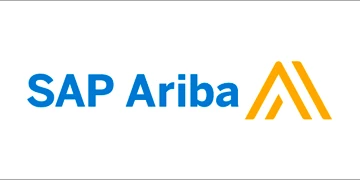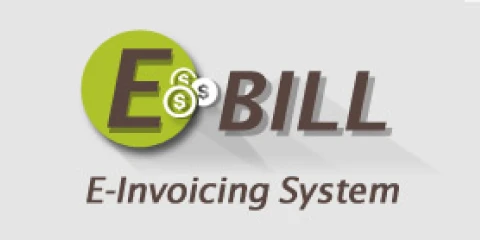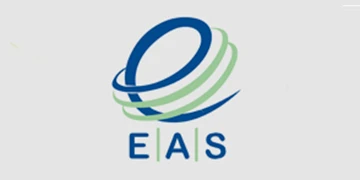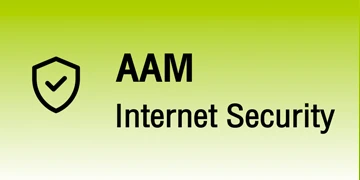Since 2002, the Corporate Governance Policy has been prescribed by the Board of Directors and is applicable to all directors, executives, and employees within AIS group. The Boards reviews such policy annually and potentially revise so as to be applicable for current business operations and in accordance with the laws, regulations, articles, and guideline of relevant authorities. The Board of Directors has authorized the Nomination and Corporate Governance Committee to review before proposing to the Board of Directors for approval. The latest revision was considered and approved in 2017.
Corporate Governance of AIS adheres fundamentally to laws and developed to be transparent, reliable and acceptable in line with best practice of good corporate governance and sustainability growth, both domestic and international level, such as criteria of Corporate Governance Report of Thai Listed
Companies (CGR) by Thai Institute of Directors Association, ASEAN Corporate Governance Scorecard (ASEANCG Scorecard) and DJSI indices (Dow Jones Sustainability Indices). Further, in order to ensure that AIS’s operations and the performance of employees in the organization are honestly and ethically in accordance with law which is the heart of sustainable business, the Board of Directors has established “the Code of Business Ethics” comprising of 12 sections of responsibilities ranging from stakeholder responsibility, prevention of conflict of interests, respect for human rights as well as compliance with the laws and regulations. The Ethic Committee has been formed and comprising of Chief Executive Officer (CEO) as chairperson and other executives. This Committee acts as a driving force and integrates the ethics into a corporate culture as well as provides secure channels for employees and outsiders to inform relevant responsible parties concerning the actions that may be deemed a violation to the Code of Business Ethics. The informant is entitled to protection under the Reporting and Investigation of Misconduct and/or Fraud and Whistleblower Protection Policy. In this regard, the Board of Directors communicated these policies within the organization through a variety of channels and activities, such as e-mail, intranet, billboards, announcements, and internal campaigns.










